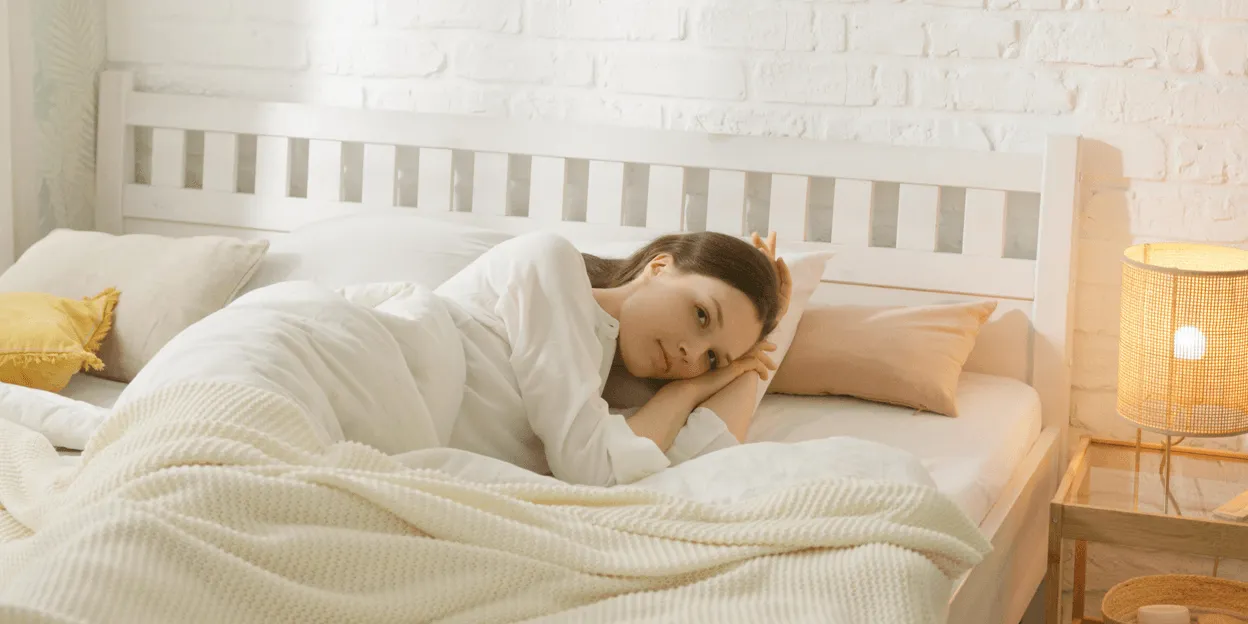
Improving Sleep Hygiene for Better Rest
We’ve all been there: tossing, turning, and staring at the ceiling while the clock ticks past midnight. The next morning? Groggy, cranky, and reaching for yet another cup of coffee. Good sleep isn’t just about clocking eight hours—it’s about quality. And that’s where sleep hygiene comes in.
Sleep hygiene isn’t about fancy gadgets or expensive mattresses (though those can help). It’s about building habits and creating an environment that sets your body and mind up for truly restorative rest. Think of it as self-care, but for your sleep.
Why Sleep Hygiene Matters
Sleep is your body’s nightly reset button. It restores energy, repairs cells, boosts memory, and keeps your mood in check. Poor sleep, on the other hand, can leave you foggy, anxious, and even impact long-term health. By improving your sleep hygiene, you create the right conditions for deeper, more consistent rest—without the endless snooze button struggle.
Practical Ways to Improve Sleep Hygiene
1. Stick to a Consistent Schedule
Your body thrives on rhythm. Try going to bed and waking up at the same time every day—even on weekends. Over time, this trains your internal clock, making it easier to fall asleep and wake up naturally.
2. Create a Bedtime Routine
Signal to your brain that it’s time to wind down. This could be as simple as dimming the lights, reading a few pages of a book, or practicing gentle stretches. The goal? Transition smoothly from busy brain to sleepy brain.
3. Optimize Your Sleep Environment
Cool, dark, and quiet—these are the golden rules. Invest in blackout curtains, silence distractions, and keep the room at a comfortable temperature. Bonus points for soft bedding that makes crawling into bed irresistible.
4. Limit Screens Before Bed
Blue light from phones, tablets, and TVs messes with your melatonin (the hormone that tells your body it’s bedtime). Try to unplug at least an hour before sleep. If that feels impossible, consider blue-light filters or “night mode” as a backup.
5. Watch What You Consume
Caffeine and alcohol may feel like friends, but they’re not when it comes to sleep. Avoid stimulants after the afternoon and keep late-night snacks light. A calming tea—like chamomile or lavender—can work wonders.
6. Move Your Body (But Not Too Late)
Regular exercise improves sleep quality, but timing matters. A sweaty workout right before bed can leave you wired, so aim for mornings or afternoons instead. Evening yoga or stretching, though, can be a great way to relax.

The Ripple Effects of Good Sleep
Better sleep hygiene doesn’t just mean fewer yawns. It improves focus, lifts mood, strengthens immunity, and makes everyday life feel more manageable. With a solid sleep foundation, everything from work to relationships to personal health gets a little brighter.
Closing Reflection
Rest isn’t a luxury—it’s a necessity. By practicing good sleep hygiene, you’re giving yourself more than just better nights; you’re giving yourself better days. Start small, stay consistent, and watch how a few simple changes can turn sleepless nights into restorative rest.














Comments: